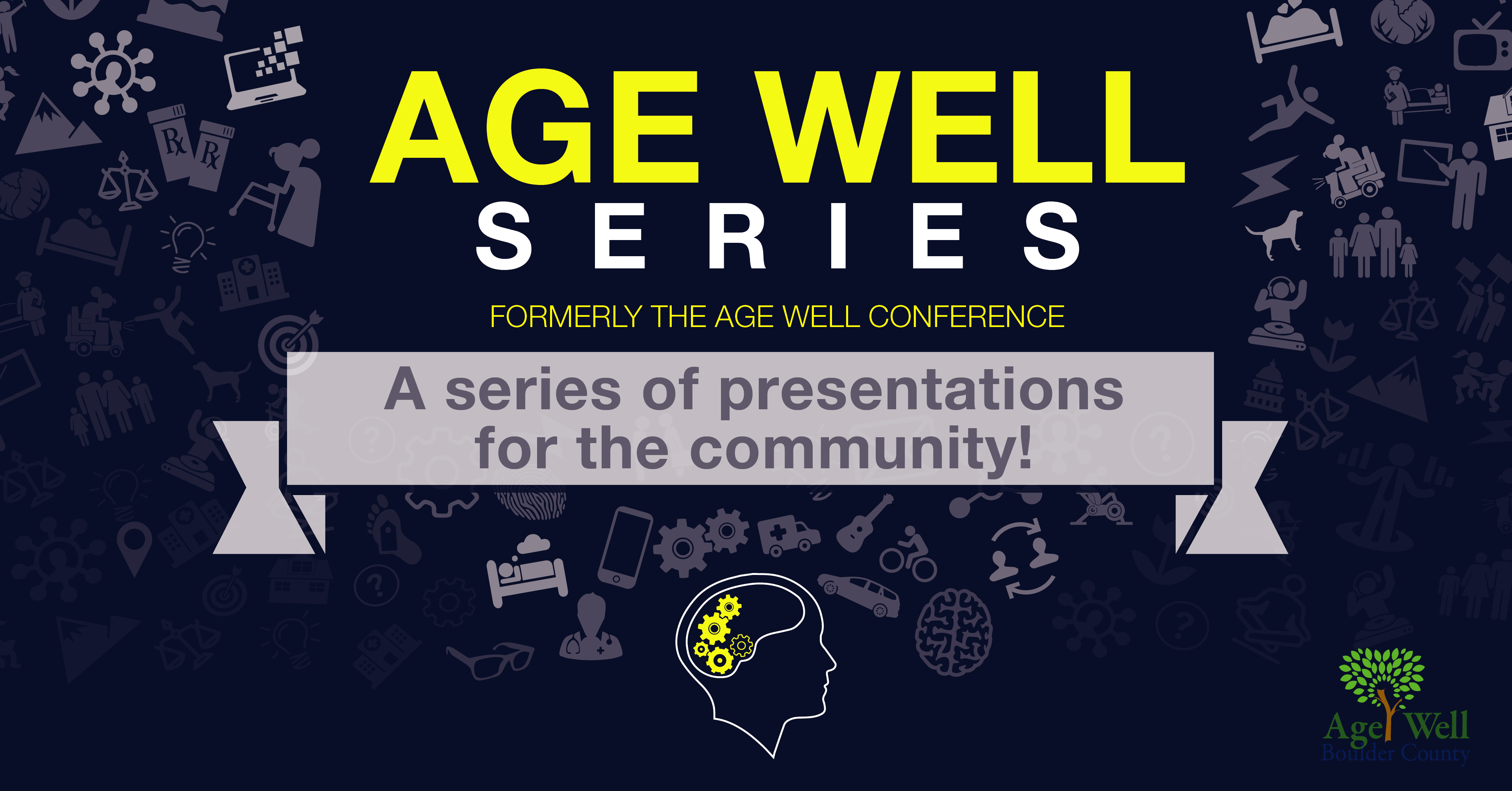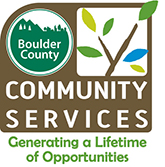Date: Thursday, Jan. 21, noon – 1:30 p.m.
Description: Many of us, at some point, will need some support with making the complex decisions related to the things that we do every day from preparing a meal to making appointments to balancing our checkbooks. How do we get this support, who can we trust and how do we make sure that this is set up appropriately? There are a variety of ways to do this, Power of Attorneys and Guardianships are some examples but it’s hard to decipher when each is appropriate. Further, a person that is assigned this responsibility may not receive adequate instruction about how to be a good representative. Please join us to discuss the details of each of these decision making mechanisms, the pros and cons and the best practices of each.
Presented by:
Erica Corson is the Elder Rights program manager with the Boulder County Area Agency on Aging. She has been with the county for 11 years, spending much of this time advocating for residents of assisted livings and nursing homes. Working with caregivers, families, and loved ones has provided Erica with an intimate understanding of the role and challenges involved with substitute decision makers. Erica also works with caregiver programs, LGBTQ+ programming for older adults, and elder abuse education and awareness.
Brooke Brestel, Esq., is a founding partner of Brestel Bucar, Ltd where her practice focuses on all aspects of Elder Law including guardianships and conservatorships, fiduciary representation, estate planning, and probate litigation. She also serves as court-appointed counsel for respondents, and as Guardian Ad Litem in protective proceedings. An active member of the Colorado Bar Association, Ms. Brestel chaired the Elder Law Section and co-chaired the section’s subcommittee on the Uniform Guardianship, Conservatorship, and Other Protective Arrangements Act. Ms. Brestel is a graduate of the University of Nebraska, and the University of Kansas School of Law.
Anne B. Jorgensen practices in areas of estate planning, trust litigation, probate, conservatorship and guardianships. In addition, she handles matters involving VA aid, and is an accredited attorney by the U.S. Department of Veteran Affairs. Always creative, genuine, and tenacious, she makes every effort to meet the various needs of her clients. Anne believes educating her clients empowers them to make better informed decisions for themselves and their loved ones.



